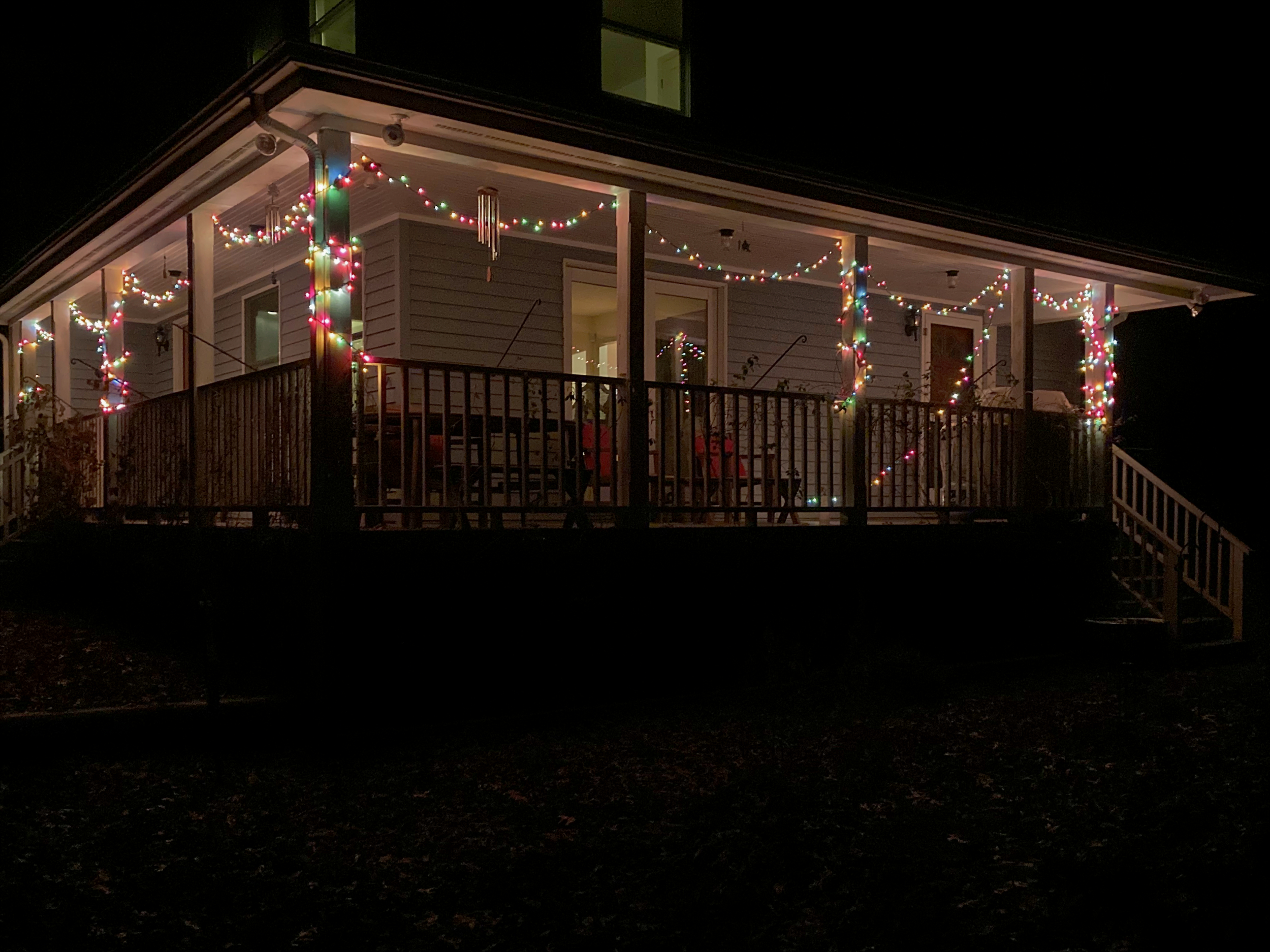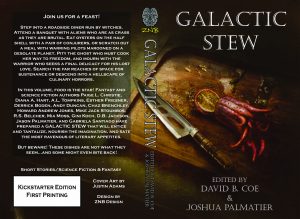“You fool! As if the way one falls down matters!”
“Well, when the fall is all that’s left, it matters a great deal.”
— The Lion In Winter
He lost.
He knows it. His lawyers know it. His enablers in the Administration, the House, and the Senate know it. All in the media know it. The vast majority of Americans know it.
But he can’t admit it. He can’t admit it because he was brought up by a father who was every bit the asshole he is, and who drummed into him again and again that losing was for others but not him. He can’t admit it because he has built a worldwide brand around the idea that he’s “a winner.” And he can’t admit it because the future that awaits him once his one-term Presidency is over promises to be a grim slog through criminal trials, civil liability cases, and debt collection proceedings initiated by his many disgruntled creditors.
He is conning his supporters out of literally hundreds of millions of dollars, soliciting donations for a “legal fund” that actually shunts all contributions under $8,000.00 into the Republican National Committee and to a political action committee that has nothing to do with ongoing litigation. His legions don’t appear to know, or care.
His claims of fraud, parroted by his lawyers, have no basis in fact. We know this because while those representing him in court have made wild claims at press conferences and staged “hearings” in various battleground states, they have not repeated any of these claims in court. Lawyers are free to lie at will at public events, but lying in court, before a judge, can result in professional sanction or worse. If they believed the crap they’ve been saying at their public events, if they actually had evidence to support their crazy conspiracy theories, they would present it in a legal setting. That they haven’t tells us all we need to know about the veracity of their accusations.
The tragic irony in all of this is that while they are perpetrating their own fraud, the real crisis of our time, one they have dismissed all along as a hoax, is devastating our nation. COVID-19 is deep into its third wave here in the U.S. This resurgence is worse than any we have seen thus far. Americans are falling ill at a rate of more than 200,000 people per day. More than 2,700 people are dying daily — a rate of one death every thirty seconds. Within the next two weeks, the death toll from the pandemic will reach 300,000. By the time you read this, more than 15 million Americans will have contracted the virus.
And President Nero fiddles. He complains about his electoral loss, whines about how unfairly he has been treated, seeks to undermine the very foundations of our republic by refusing to acknowledge his loss, something no other Presidential candidate has done in the last one hundred and fifty years. He cares only about himself, his bruised ego, his impending legal and financial difficulties. He lacks the capacity to focus on the suffering of those he is supposed to serve. He has no empathy, no true compassion. He is utterly self-absorbed.
Meanwhile, people are dying. They’re losing their jobs, their health insurance, their homes. We as a nation are headed into a winter that health officials warn could be the hardest we have seen in more than a century. We are, until January 20, 2021, a nation without a leader, rudderless and adrift. All because the bloviating man-child in the Oval Office can’t deal with reality.
The only thing worse would have been if he had won.
Have a good week.










 And I’ll start with this: Joshua and I are generous readers. We will read an entire story, even when it’s pretty clear halfway in (or a quarter in…) that the story probably won’t make the cut. Your goal as a writer is to sell us a story, obviously. But really your goal is to make us consider your story on your terms. Here’s what I mean by that: We are expecting to get somewhere between 300 and 400 submissions, for a total of 6 or 7 slots. (Last year, for GALACTIC STEW, we received 409 and selected 7.) Read those sentences again; I’ll wait.
And I’ll start with this: Joshua and I are generous readers. We will read an entire story, even when it’s pretty clear halfway in (or a quarter in…) that the story probably won’t make the cut. Your goal as a writer is to sell us a story, obviously. But really your goal is to make us consider your story on your terms. Here’s what I mean by that: We are expecting to get somewhere between 300 and 400 submissions, for a total of 6 or 7 slots. (Last year, for GALACTIC STEW, we received 409 and selected 7.) Read those sentences again; I’ll wait.